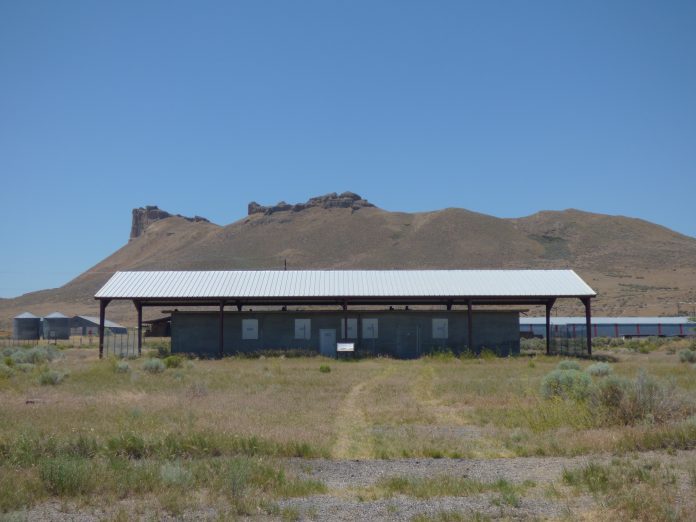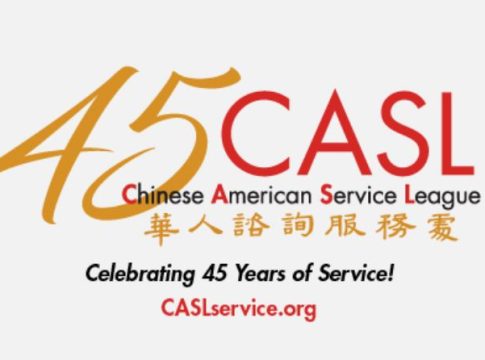By Lawrence Watanabe
Oral arguments in the Tule Lake Committee v. Follis et. al court case are set to be delivered on Tuesday, May 21. The case, which has been hotly contested for several years, hopes to settle a unique dispute involving two parties that feel strong ties to a property of land in the small northern California city of Tulelake.
Oral arguments for the case will be made by the Tule Lake Committee, a Japanese-American activist group working to prevent a land sale in the city of Tulelake, as well as the Modoc Nation, a Native American tribe currently based in Oklahoma but who once resided in the Tulelake area. The City of Tulelake made the unanimous decision in 2018 to sell the land of the Tulelake Municipal Airport to the Modoc Nation, something the Tule Lake Committee strongly opposes. The current case is the final of three that the Committee has filed against the Modoc Nation and the City of Tulelake; the first two were dismissed.
Created in the 1950s following a federal government grant to the city of Tulelake, the Tulelake Municipal Airport covers some of the site of the former Tule Lake Segregation Center, a World War II concentration camp that imprisoned nearly 30,000 Japanese people, according to the National Park Service. The airfield is open for public aviation services and is commonly used to support agriculture in the area through housing and maintaining fertilizing top dresser planes.
Based in Miami, Oklahoma as a part of reservation settlements, ancestors of the Modoc Nation were forced out of their land in what is now the border between California and Oregon in the early 1870s following the Modoc War in the Tulelake area. The tribe has aimed to reestablish their ancestral tribal lands, and in 2018, made their first move towards this when they purchased the Tulelake Municipal Airport.
LATEST STORIES
Per FAA and Modoc County suggestions, a protective fence was suggested to be built around the airport to keep animals out; this fence, however, would block off much of the former Tule Lake concentration camp, about two-thirds of the site. The most important part of the land within the area of the proposed fence, according to Barbara Takei, CFO and board member of the Committee, is the former site of the barracks, where imprisoned Japanese Americans were forced to live. She described that during the Committee’s bi-annual pilgrimages to the Tule Lake site, the most frequently-sought after site within the grounds of the former camp is the barracks.
“Over 300 Japanese prisoners died at Tule Lake,” Takei said. She described the story of learning that during a site tour, homesteaders had bulldozed the site of a former camp cemetery as part of a plan to use the land for local construction projects. As a result, the bodies of those who died at the camp were removed. The move to add the fence, the Committee argues, along with the fact that Japanese Americans were sent to camps to begin with, sits closely in line with Jim Crow-era segregation policies, especially in relation to local communities opposing Japanese people being imprisoned in their city.
Currently based in Miami, Oklahoma as a part of reservation settlements, ancestors of the Modoc Nation were forced out of their land in what is now the border between California and Oregon in the early 1870s following the Modoc War in the Tulelake area. The tribe has aimed to reestablish their ancestral tribal lands, and in 2018, made their first move towards this when they purchased the Tulelake Municipal Airport, following a unanimous vote from the Tulelake City Council.
Shortly following the City’s decision to sell the land, the Committee filed two motions against the City of Tulelake and the Modoc Nation, hoping to halt the motion on the basis of “violations of due process, equal protection, and petition rights,” according to Michael Robinson, an attorney representing the City and Modoc Nation, in page 22 of his response brief. Both prior cases were dismissed, leading to the current ongoing case.
The Committee argues that the reason the Modoc Nation is involved in the case is to use immunity as a sovereign entity, as a result of their status as a Native American tribe, to essentially bypass the case and any potential lawsuits coming from the Committee, allowing them to build the fence. However, representatives of the Nation and City alleged that the Committee took action against a proposal allowing the County of Modoc to operate the airport, something they claimed to be a different matter than the one being judged. They additionally stated that once the Modoc Nation joined the case they never used the argument of sovereign immunity as a reason for the purchase of the land and instead bought the area to attempt to create some sort of presence in their ancestral land.
The Tule Lake Segregation Center was one of ten American concentration camps built in the early 1940s during World War 2 amid strong anti-Japanese sentiment around the country. It was the only one to be converted to a maximum-security prison and segregation center, the site where several imprisoned Japanese-Americans were relocated if they answered “no” on a loyalty questionnaire or otherwise spoke out against the American government.
Representatives from both the Modoc Nation and the City of Tulelake did not respond to multiple requests for information.
AsAmNews is published by the non-profit, Asian American Media Inc. Follow us on Facebook, X, Instagram, TikTok and YouTube. Please consider making a tax-deductible donation to support our efforts to produce diverse content about the AAPI communities. We are supported in part by funding provided by the State of California, administered by the California State Library in partnership with the California Department of Social Services and the California Commission on Asian and Pacific Islander American Affairs as part of the Stop the Hate program. To report a hate incident or hate crime and get support, go to CA vs Hate.







